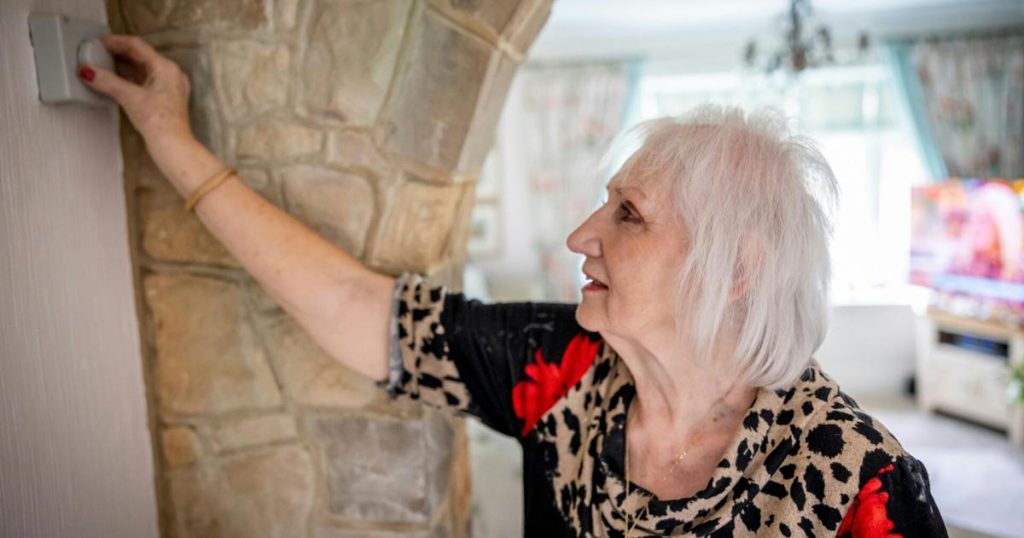(The Center Square) – The federal Low Income Housing Energy Assistance Program has been a lifeline for some families struggling to heat their homes in winter. President Trump’s proposed 2026 budget threatens to defund it.
With high energy costs expected to continue rising and more extreme weather in both winter and summer months, many fear that threats to the program could leave people struggling to survive.
A bill being introduced to the Pennsylvania House by Rep. Manuel Guzman, D-Reading, aims to help with at least one of the challenges presented to LIHEAP participants. The bill would ensure that people who use LIHEAP can keep their utilities connected year round using carry-over funds. Currently, the program is only operational between November and April.
If taken up, the bill would create a pilot Essential Energy Stability Fund, which would work with utilities to distribute credits to individuals and families already receiving assistance like LIHEAP. It would also create a reporting framework to evaluate program efficacy.
“This pilot addresses a critical seasonal gap in utility assistance, builds on existing infrastructure, and provides a fiscally responsible strategy to reduce energy insecurity,” said Guzman in support of the bill.
Safety measures for extreme heat have helped to lower the numbers of heat-related deaths, but heat continues to be responsible for more deaths than any other weather-related hazard. Adequate air conditioning, a major energy expense, is vital for keeping people safe in the summer months.
According to the federal Centers for Disease Control and Prevention, roughly 1,700 people died from heat-related causes. Cold weather killed an additional 1,800 people that same year.
Conversely, data from the United Nations shows that in Europe where air conditioning is uncommon, higher global temperatures have led to 175,000 heat-related deaths annually.
Much of Pennsylvania is currently in the midst of a heat wave, with an index topping 100 degrees expected. Increased heat means increased energy usage. That means that consumers will be paying on the high end of the state’s $150-$200 monthly average energy bill, a cost not easily absorbed by those with low or fixed incomes.
Last year, the state’s power grid operator, PJM, saw an 800% increase in energy prices. On Tuesday, 2025 auction results were announced at the price cap won by legal action from the Shapiro administration.
Earlier this year, Trump froze federal funding that included LIHEAP for Pennsylvania. In response, Gov. Josh Shapiro joined several states in a lawsuit that freed up the promised funds for 2025. Whether the program, which has bipartisan support, will receive funding next year, however, remains undetermined.


